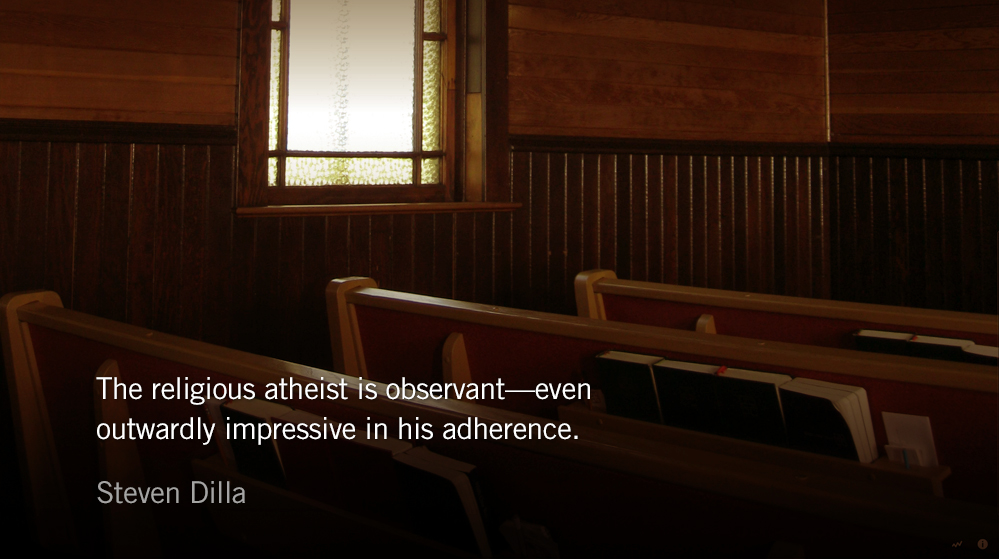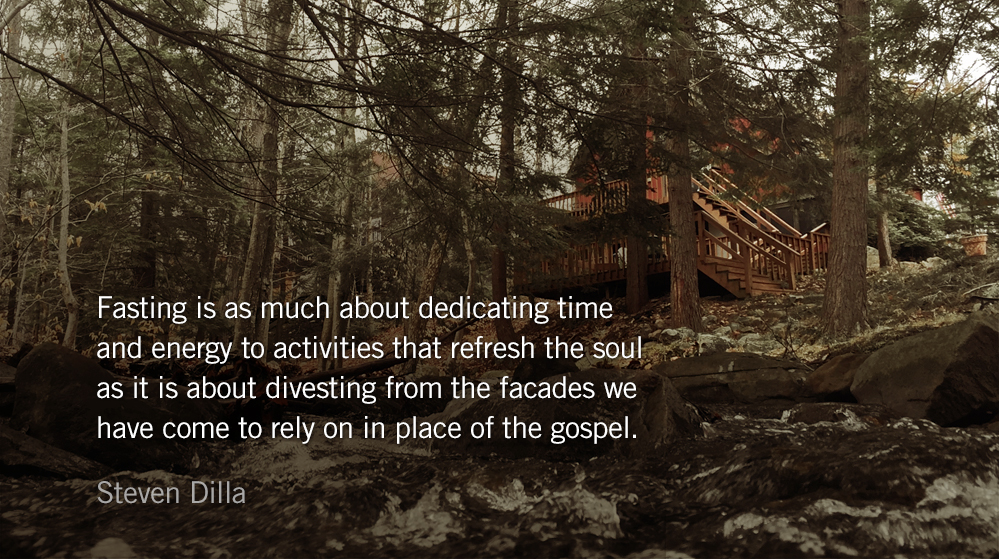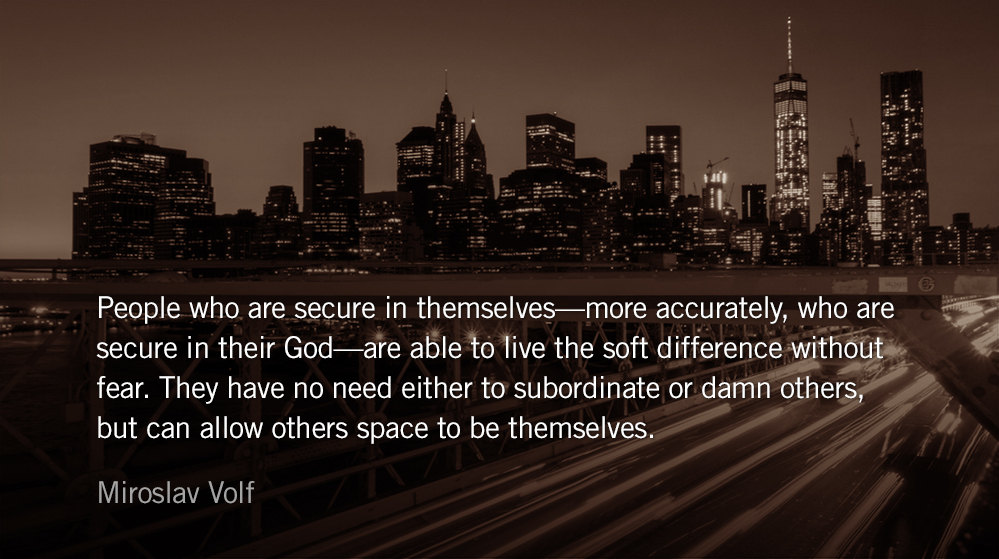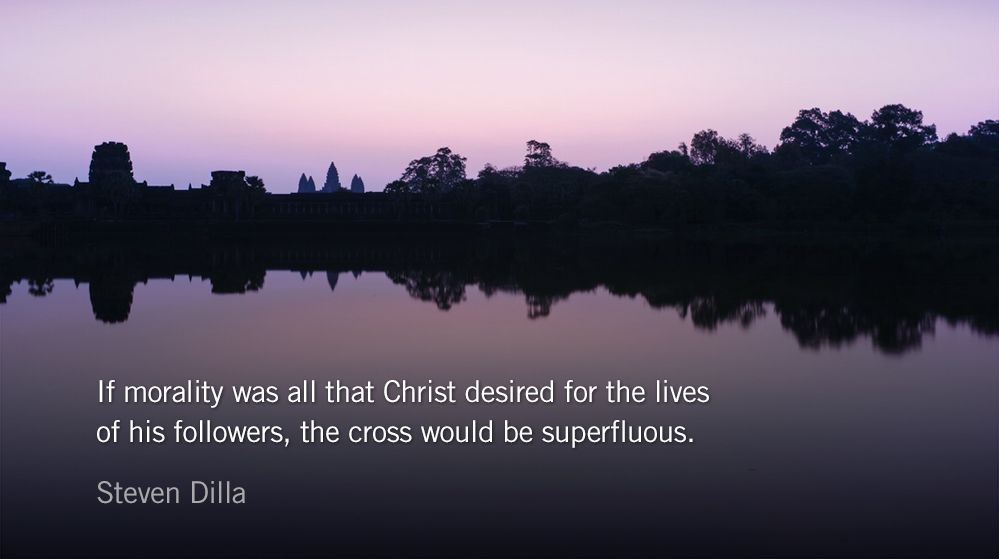Follow to Calvary;Tread where He trod,He Who forever wasSon of God.You who would love Him standGaze at His face:Tarry awhile on yourEarthly race.As the swift moments flyThrough the blest week,Read the great story theCross will teach.Is there no beauty toYou who pass by,In that lone figure whichMarks that sky?
Yea, let Thy cross be borneEach day be me;Mind not how heavy, ifBut with Thee.Lord, if Thou only wilt,Make us Thine own,Give no companion, saveThee alone.Grant through each day of lifeTo stand by Thee;With Thee, when morning breaksEver to be.
Today’s Reading
Job 18 (Listen – 1:54)
1 Corinthians 5 (Listen – 1:58)











